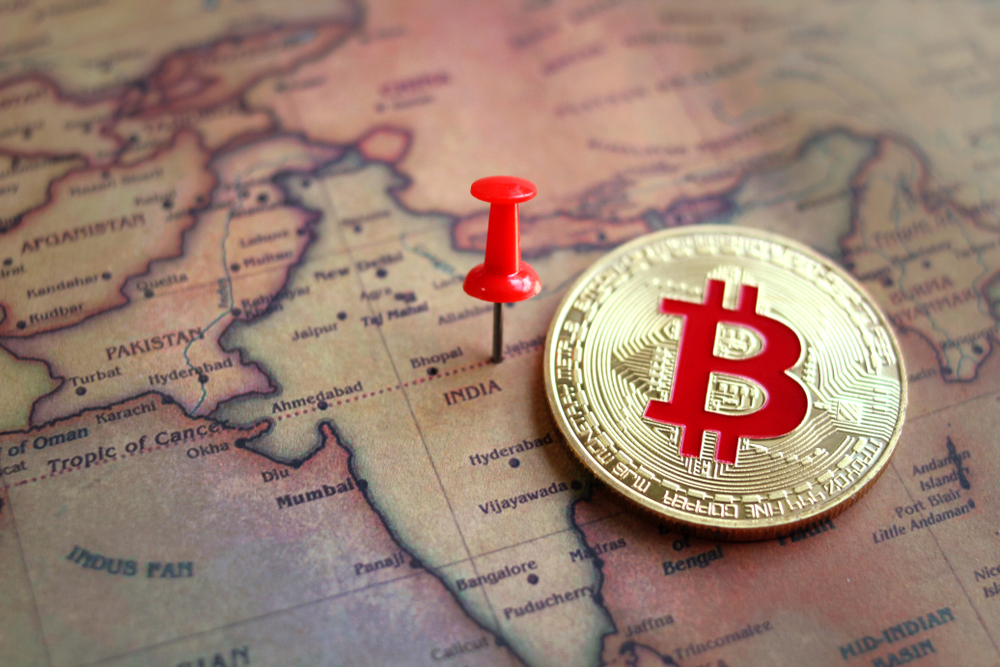The Russian monetary authority has revealed that it might ban local crypto miners from selling digital assets to Russians as a continuation of its hard stance against cryptocurrency. This move is surprising to many, given that the Bank of Russia supported the bill authorizing local crypto-mining operations in November.
As part of the move by the financial authority, local crypto miners are only allowed to sell their digital assets to foreign exchanges and non-residents of Russia instead of citizens of the country.
According to multiple local news outlets, the central bank is out to limit citizens’ supply and access to newly minted digital assets.
A statement from the bank read, “the bank believes miners can only sell crypto assets obtained from mining in the country to offshore exchanges and non-resident Russians outside the country.” Consequently, all miners must strictly comply with the new directive.”
Meanwhile, the new development has sparked a series of questions from miners in the country, given that international crypto platforms cannot extend their services to Russians in response to the international sanction on Russia.
Following Russia’s invasion of Ukraine in February, the country has come under extreme international economic restraint. As a result, all Russia-based firms and their subsidiaries abroad were banned from offering services to the international community.
The new policy will likely hit the rocks even as Russia’s apex bank has advocated for residents to trade cryptocurrency only via foreign crypto exchanges. Thus, the new proposal requires miners looking to swap their mined-crypto coins for cash within Russia to operate through a licensed agency.
Meanwhile, the news came in the aftermath of Russia’s Finance Ministry not approving the central bank’s proposal to implement a strict crypto-mining licensing procedure for the country.
The Failed Crypto Mining Licensing Move
According to the Ministry’s Deputy, Alexey Moiseev, the Russian Central Bank proposed a new licensing regime for crypto mining operations, allowing mining only via “authorized organizations.”
Moiseev noted that such a move would require a mining license in the country, but the Finance Ministry is against it. However, last month, lawmakers in the lower house of parliament introduced a draft bill on crypto mining.
However, the proposed legislation does not include a total ban on selling crypto assets to Russian residents. Besides, the bill did not permit miners to sell their mined assets anywhere except on offshore crypto exchanges or through the state-approved system currently under development.
With the latest development, Russia again finds itself debating between legalizing crypto and banning its sales in the country. In addition, due to years of arguments, Russian crypto users need clarification about whether to hold digital assets as the adoption rate continues to grow.
Nevertheless, Russians await the authorities’ much-anticipated crypto bill, which will legalize cross-border transactions with digital assets.
